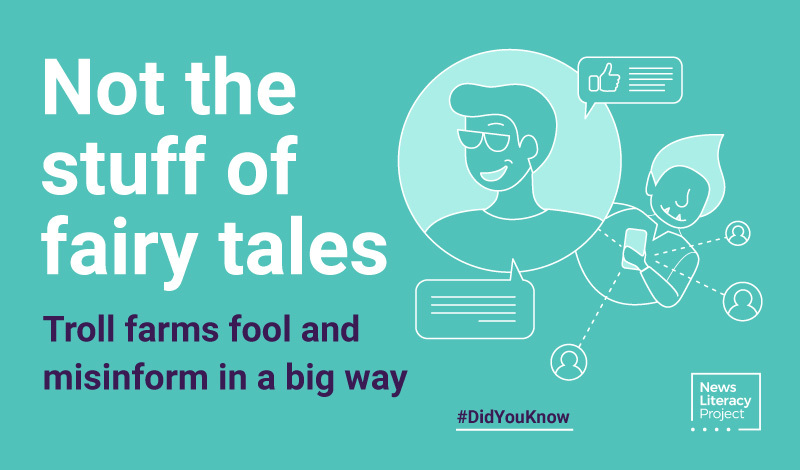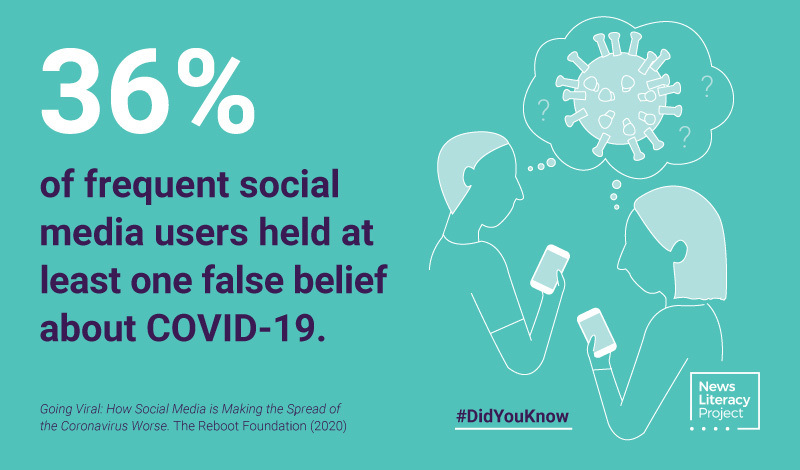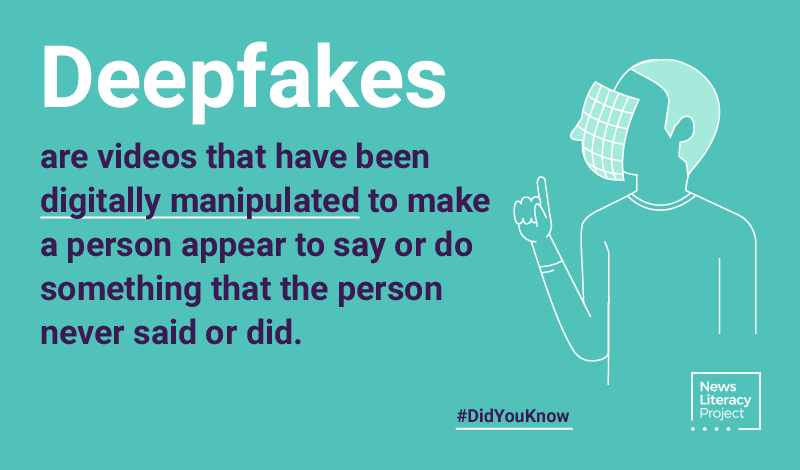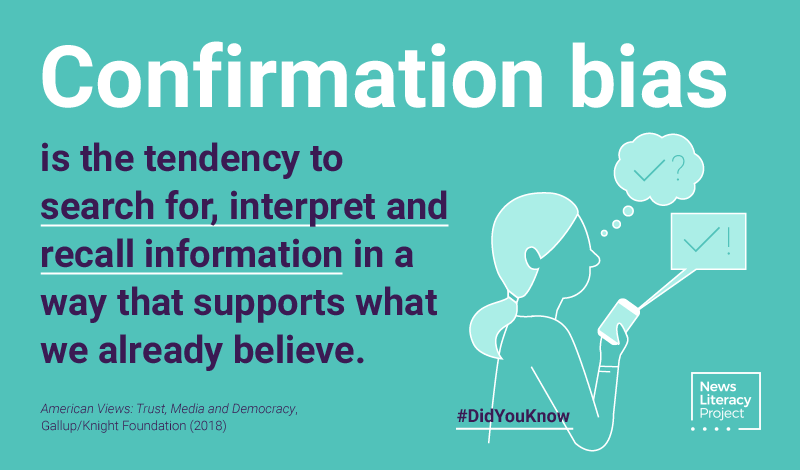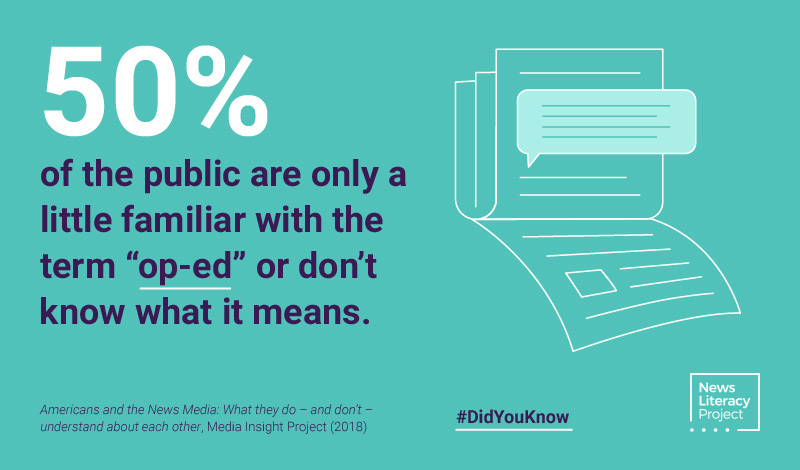
Did You Know?
Astroturfing: As fake as it sounds
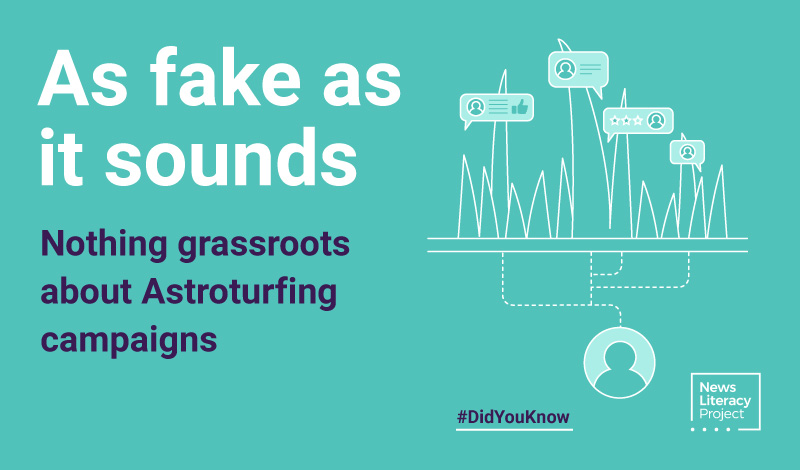
Have you ever come across a product online with thousands of five-star reviews and thought to yourself that something just doesn’t seem right? You scroll through the comments and they appear to be written by real people. But it can be hard to tell for sure, because businesses and political groups are known to employ a tactic called “astroturfing.”
Named for the brand of artificial grass known as AstroTurf®, the term refers to the mimicking of grassroots support in an attempt to push forward a particular product or political agenda. Political, business or special-interest groups disguise themselves online by posting comments or publishing blogs and letters to the editor. This seemingly independent content gives the impression that there’s genuine widespread support for a movement, issue or product.
For example, in mid-April, when protests began in some states to object to stay-at-home orders aimed at slowing the spread of COVID-19, the events were covered widely, and initially framed as locally grown, organic uprisings.
However, The Washington Post reported that social media calls to action didn’t actually come from the grassroots. They were funded instead by an initiative called Convention of States, a conservative network of groups and individuals working to amplify the protests to serve an anti-lockdown agenda.
While frustration with business and school closures were real, astroturfing brought money and momentum to the movement in a way that made opposition to stay-at-home orders seem stronger and more widespread than polling suggested. Other conservative groups, such as FreedomWorks and Tea Party Patriots, also worked behind the scenes to initiate and promote local demonstrations that were anything but impromptu, The New York Times reported.
It’s important to note that astroturfing happens on both sides of the political aisle, and is nothing new in politics or business. For example, in the 1990s, cigarette maker Philip Morris’ public relations firm created a seemingly grassroots pro-smoking group called the National Smokers Alliance. The group paid hundreds of young people to recruit members in bars and bowling alleys, according to Tobacco Tactics, a nonprofit organization based at the United Kingdom’s University of Bath that investigates the tobacco industry. However, social media has given astroturfing a reach and impact it didn’t have in the past.
So before you get caught up in a cause or persuaded to buy a product, investigate the source. Do some digging to find out what group or which individuals might really be behind it. Check to see if organizers or reviewers might have a larger agenda. For more tips, check out our Sanitize before you share advice.
